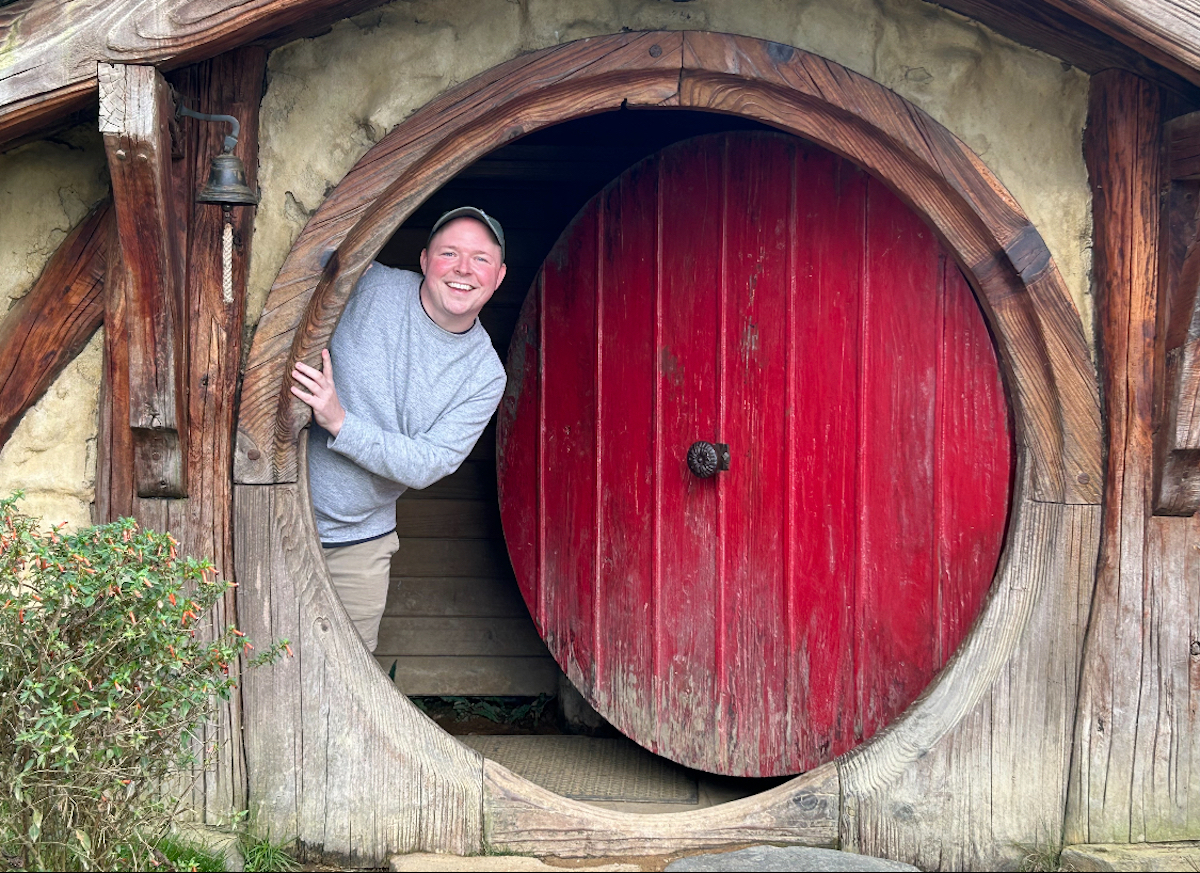“It’s a crime that no one wants to talk about. Everyone keeps it quiet,” Amanda Leiknes, the Center for Awareness of Sexual Assault victim services coordinator, said about sexual assault.
Gov. Jim Doyle designated the month of April as Sexual Assault Awareness Month earlier this February. In his proclamation, Gov. Doyle cited awareness of the causes and effects of sexual violence as a way to prevent future violations.
The Women’s and Gender Equity Center and CASA are sponsoring events next week on campus and in the community to support and raise awareness of Sexual Assault Awareness Month.
The governor’s proclamation also cited that continued commitment was needed to ensure that all victims and survivors of sexual violence were treated with respect and given support in the healing process.
The following events are open and free to the public:
- “I Never Thought it was Rape” film screening and discussion, 7:00-8:30 p.m. Monday, April 19, Alumni Room, Davies Center
- “Take Back the Night” gathering, 6 p.m. Tuesday, April 20, Owen Park
- “Sex Signals” play, 7:30-9:00 p.m. Wednesday, April 21, Council Fire Room, Davies Center
“I think having a month where people are aware of these issues and maybe educate themselves and try to help out the cause is beautiful,” Leiknes said. “Any publicity that the antiviolence movement can get is wonderful.”
Senior Brianna Belmore said sexual assault awareness month is a great opportunity to let people know what services are in the community and on campus relating to sexual assault and violence against women. Belmore, a women’s studies and social work double major, has volunteered her time as a CASA advocate for two years.
Belmore said she became involved with CASA because she found the statistics about sexual violence too disheartening not to volunteer to help other women on campus.
According to CASA, sexual assault is “any unwanted sexual contact ranging from exposure of one’s private parts to forcible rape in order to humiliate or degrade another person.” Both men and women can become victims.
Though Wisconsin has four degrees of sexual assault charges, Leiknes said, adding that sexual assault can be simply defined as “any sort of sexual touch without consent.”
Leiknes said sexual violence such as assault is a pervasive crime both nationally and locally. She quoted the Rape, Abuse and Incest National Network by saying every two minutes someone in the U.S. is sexually assaulted. This statistic was derived from the U.S. Department of Justice’s National Crime Victimization Survey, which counted 248,300 sexual assaults in the U.S. in 2007, according to RAINN’s Web site. Sixty percent of sexual assaults are not reported to police.
Leiknes said sexual assault in Eau Claire mirrored the national average.
“We’re really no different than anywhere else per capita,” she said. “It’s just a lot more hush hush.”
UW-Eau Claire, she said, is the same story. From 2007 to 2008, Leiknes said she counseled 103 victims or secondary victims of sexual assault. From 2008-2009, she saw 81 cases on campus.
However, as previously mentioned, Leiknes said many victims choose not to report incidences of sexual assault to police. For example, though she said she saw 81 cases in 2008-2009, in the same time period only four sexual assault investigations occurred on campus according to UW-Eau Claire police statistics.
Leiknes said that some victims chose not to report the crime because of feelings of guilt or shame. She said that it is up to the victim to chose what is best for them and that though CASA will help the victim if they chose to file a complaint, that they are not required to by the organization.
Belmore said if she could give victims one piece of advice it would be to not blame themselves.
“It’s not your fault. I want the message to be clear: What happened to you is not your fault,” she said. “Someone else took advantage of you and you are the victim.”
More information about sexual assault is available through CASA online at www.uwec.edu/casa or by phone at 826-HELP.






